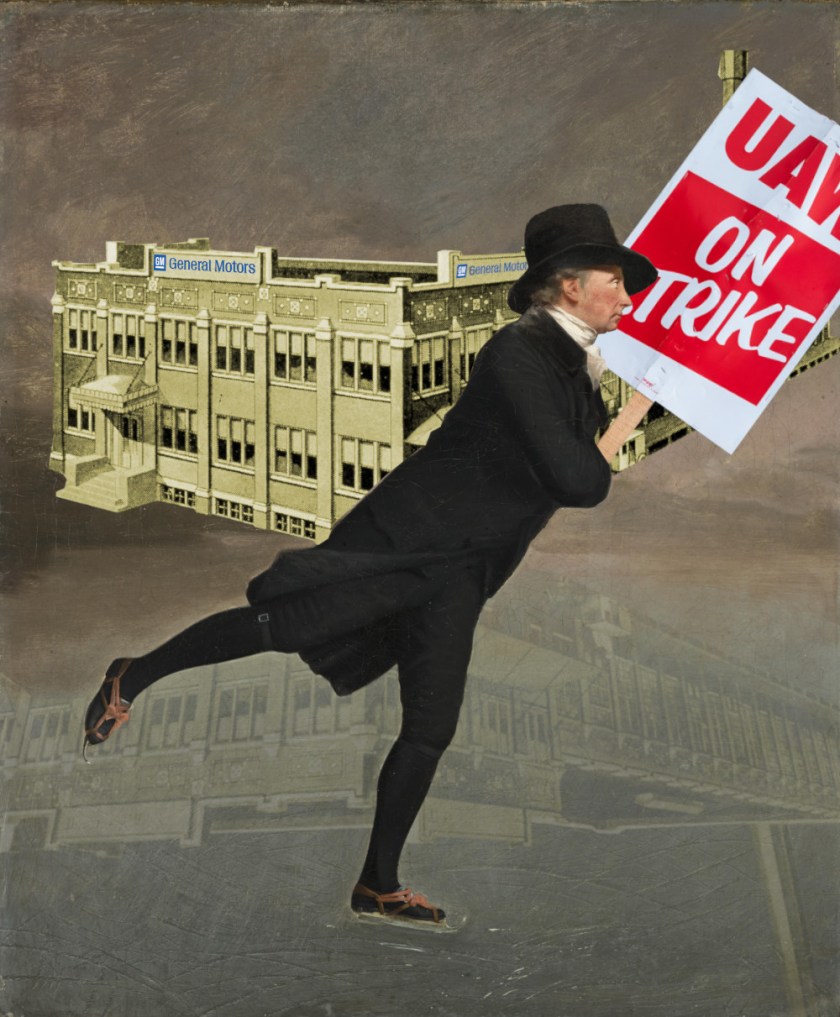In this project, they are greatly aided by Big Car’s own relentless pursuit of profit. The automakers – like every monopolized, financialized sector – have stripped all the buffers and slack out of their operations. Inventory on hand is kept to a bare minimum. Inputs are sourced from the cheapest bidder, and they’re brought to the factory by the lowest-cost option. Resiliency – spare parts, backup machinery – is forever at war with profits, and profits have won and won and won, leaving auto production in a brittle, and easily shattered state.
This has been my complaint about all the mergers that happen up and down and side to side in various industries: the activity is driven by the desire and intent to extract all the profit from every level subsumed. To oversimplify, the effort is one to streamline all consumer activity, from raw material to your door. This is the result. No extra capacity. No ability to handle a shock to the system.
Car bosses have become lazily dependent on overtime. At GM’s “highly profitable” SUV factory in Arlington, TX, normal production runs a six-days, 24 hours per day. Workers typically work five eight-hour days and nine hours on Saturdays. That’s been the status quo for 11 years…
A hundred years ago, in a magical company called Arvin, they implemented the Toyota Production System, and called it the Arvin Total Quality Production System. It was the only corporate training that I’ve ever had that was actually worth anything. Part of the work was simulating a production line with poker chips and dice rolls, and it brilliantly demonstrated the improvements by going to small lot sizes and just-in-time delivery.
If we ran behind due to bad dice rolls, we would just run a little overtime, and make it up. Better to pay a little OT occasionally than spend the capital to invest in a new machine, right? Even back then, as naive as I was, what immediately struck me was how easy it was for the company to just rely on overtime to make production instead of investing in new equipment to reduce manpower needs to prevent a regularly-occurring crunch, and it was obvious that this would always be the case.
Sure enough, all these years later, every time I hear a story like this, I see the company’s refusal to invest capital to do the work, and just “throw bodies” at the problem. Having taken an accounting class, and understanding the future value of money, I understand there’s a pretty simple calculation you can make in individual cases to determine if you should buy something to help, or just plan on using human fodder for the job. Then, as soon as the profit line dips a little, you cut a bunch of people lose to appease Wall Street. It’s inhuman, and we need the pendulum to swing, quickly and far, to the other side, in favor of people again.

